Slavic Germany.
I already wrote that I have long been interested in information that is either ignored or not particularly trying to mention.
Once on TV I saw the film Mikhail Zadornov, in which he mentioned the Slavic settlement on the territory of Germany.
Through a search engine I easily found several maps and descriptions of these settlements. As it turned out they discovered 703 of the settlement. Belong to the Slavs give their names.
The amazing thing is that Wikipedia has this information. Here is a quote.
Slavic tribes of the Sorbs, lutici, bodrichey, Pomeranians, to ancient times inhabited the territory of modern Eastern, Northern and partly North-Western Germany and part of Bavaria. As stated currently, some researchers in the second half of the VI century they were replaced by the tribes of the Lombards, Rugova, lugaw, izobrazbe, Marinov, veleta and the other lived here in ancient times peoples. However, as noted by many researchers, there is "an amazing coincidence of tribal names polabian, Pomeranian, and other Western Slavs from the most ancient known on the territory of the ethnic names of the turn of the first centuries of our era"
I explain on fingers.
The official history States that the Slavs until the sixth century of our era lived on the territory of Carpathian upper reaches of the Dniester river and the right Bank of the middle Dnieper.
Then they suddenly decided to start moving on a huge territory from Western Europe to the Volga.
Historians do not mind one interesting fact.
To occupy these territories the Slavs had a lot to give birth.
Well, the same could not originally Slavs to live in such numbers on a fairly small area.
Well, if standing in serried ranks, and on each other.
And how could they come to replace the tribes "of the Lombards, Rugova, lugaw, izobrazbe, Marinov, veleta".
Killed and ate? And these tribes went where?
But pleased with the point that many researchers began to note the "amazing coincidences of tribal names" with those who lived in the first centuries of our era.
To admit that the Slavs lived in these territories initially, does not allow a program lies in the heads. But not to see the obvious too.
So we have to wonder.
Unfortunately sashroot of consciousness - it is an epidemic that has engulfed a large part of humanity over the past 100 years.
But the recovery still goes slowly.
It is now proven that the Slavs lived in most parts of the Federal Republic of Germany.Pleasantly surprised by the fact that in Germany, carefully dig up, restore and cherish these settlements.
Currently, Germany is home to the Slavic people - the Sorbs. Otherwise they are called Luga Serbs. In writing they use the Latin alphabet, but Russian-speaking person the texts are quite clear.
Here's another quote from Wikipedia.
Slavic names on-site Pools have official status. What is written in the "Law on the rights of the Serbs in the Free state of Saxony". The law itself is written simultaneously in German and upper Sorbian. In Slavonic it is called Zakoń wo w prawach Serbow Swobodnym staće Sakska (Sakski serbski zakoń — SSZ) z dnja 31. měrca 1999.
Therefore, the names of cities and streets written on the plates in German and verhnelensky.
Even if a quick look at the names of the cities, you notice a Slavic origin.
Here are examples from Wikipedia.
Zossen — it. Zossen — puddles. Sosny [Pine]
Rostock — ger. Rostock — Rostock means a place where the water spreads in different directions
Chemnitz — ger. Chemnitz, V.-puddles. Kamjenica, named after the name of a small river Chemnitz, a tributary of the river Zwickauer-Mulde (ger. Zwickauer Mulde). The word "chemnitz" is from the "kamjenica" from the language of the Sorbs and means "stony Creek/river"
Pobershau (it. Doberschau) with the Lusatian (V.-puddles. Dobruša) Is Dobrusha
And hundreds of such examples. I'm not going to list everything here (God forbid a couple of names to coincide with what some author from LJ). They can be easily found using any search engine.
Just want to pay attention to the capital of Germany - Berlin.
At first glance, nothing Slavic in sight.
Look at the emblem of this city.
We see the image of a bear. Difficult to confuse. But the ancient Slavs bear called word "ber". Hence the den. That is the lair of the bear.
Here everything came together.In conjunction with the Slavic name of bear and his image on the arms of the conclusion of the Slavic origin of the city name.
By the way, in the same film Zadornov sounded interesting version about the island of Buyan.
Probably all remember Pushkin.
...Past the island of Buyan
To the realm of the glorious Saltan...
There is an assumption of connection of this island with the current island in Germany - the Ruyan. And the Ruyan is when the Slavic tribes residing in the territory of Germany.
B. V. Vilinbakhov brought Buyan island Ruyan (rügen), but etymologically similar transitions until proven
It's hard to say if this is really the case, but in the works of A. S. Pushkin often flashed some hints of knowledge. Or half-forgotten, or forbidden.
Based on this information, you begin to understand why so eager some forces constantly to sow enmity between Germany and Russia.
Be afraid that will come to life genetic memory and the people of Germany and Russia will be contacted by a close and powerful Union.
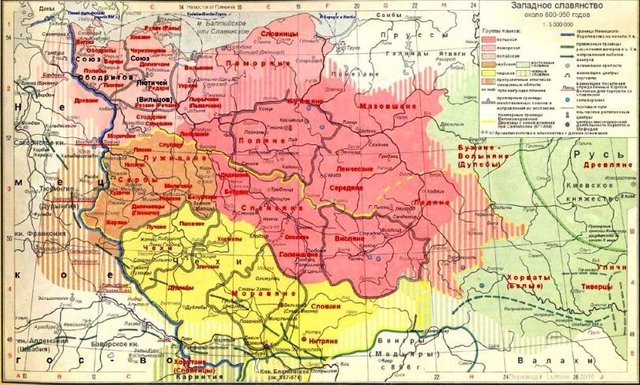
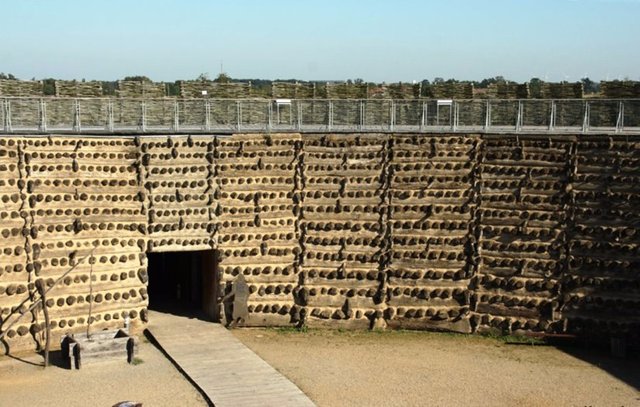
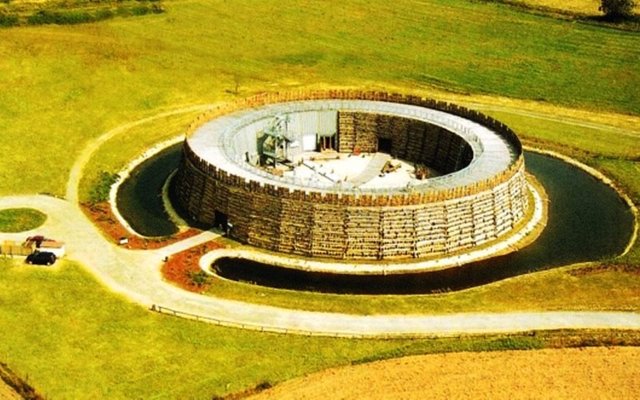
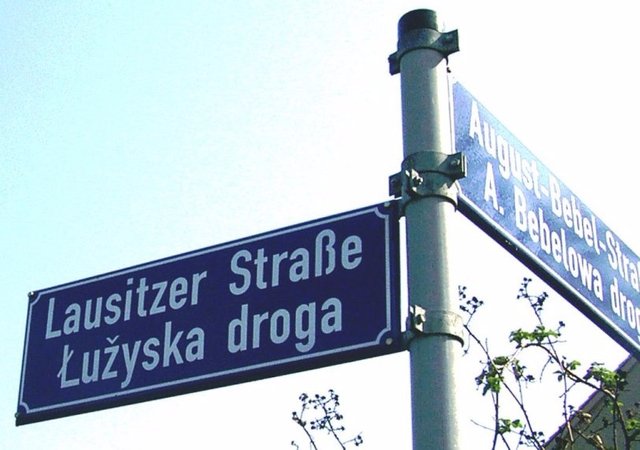
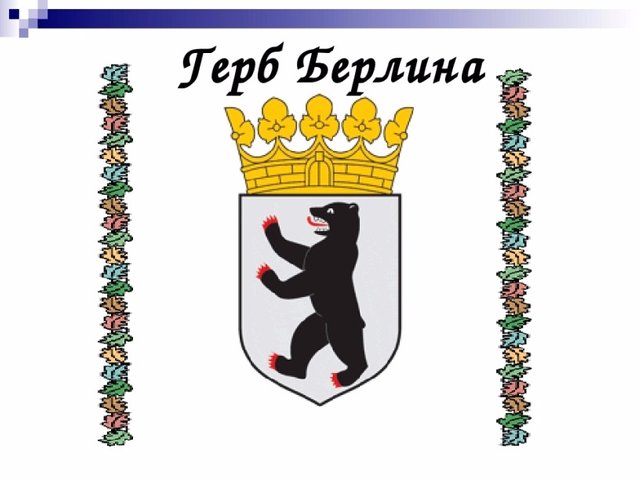
Berlin's biggest borough "Köpenick" was once a Slavic stronghold, see wiki here (History chapter) and here .